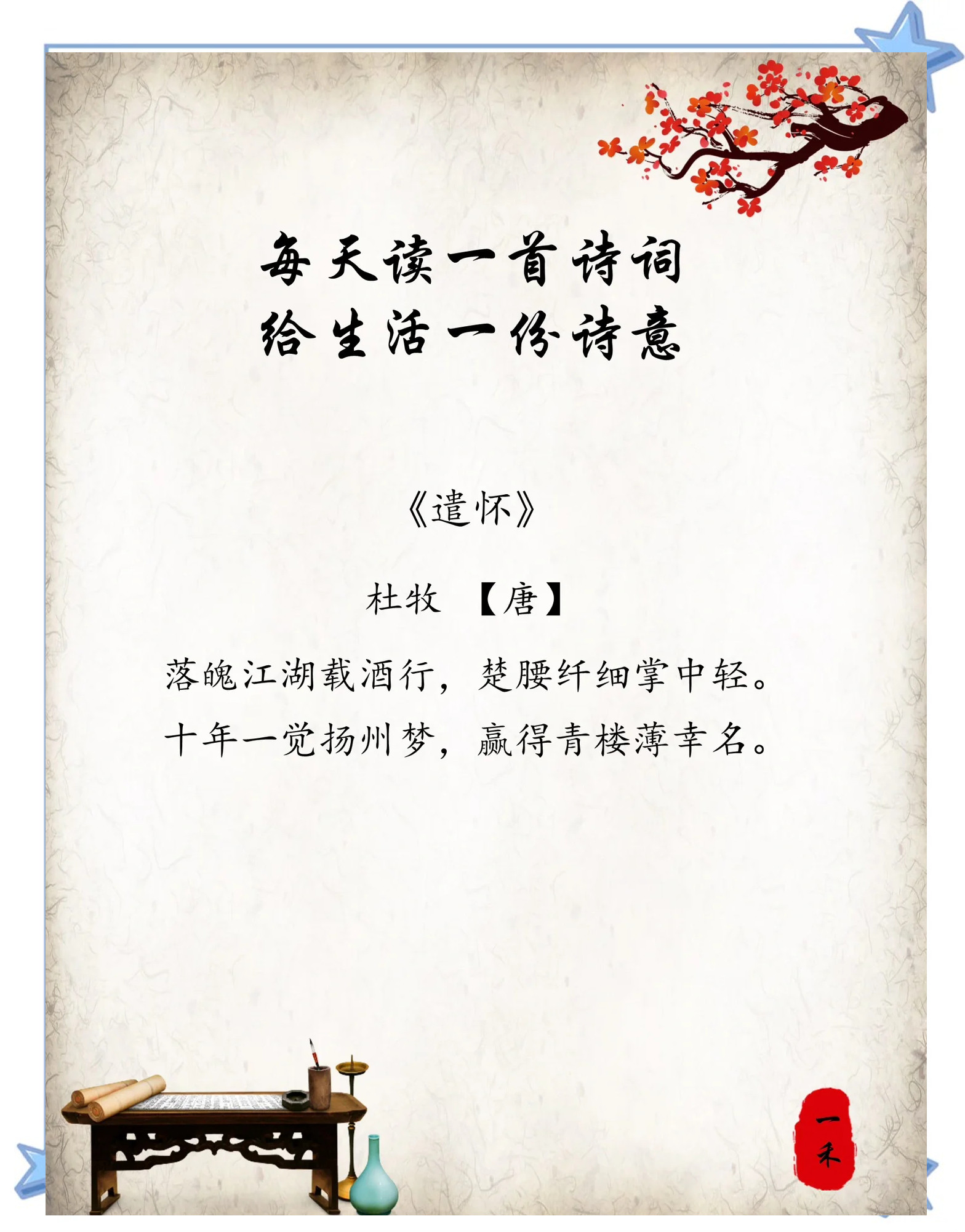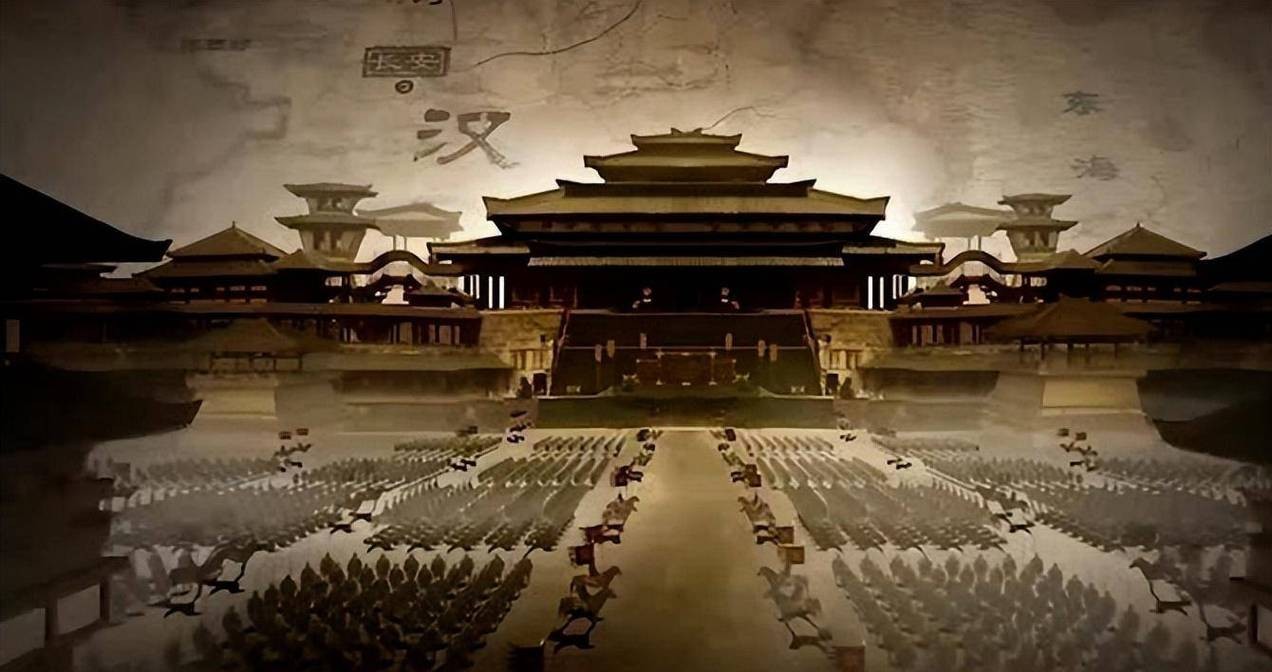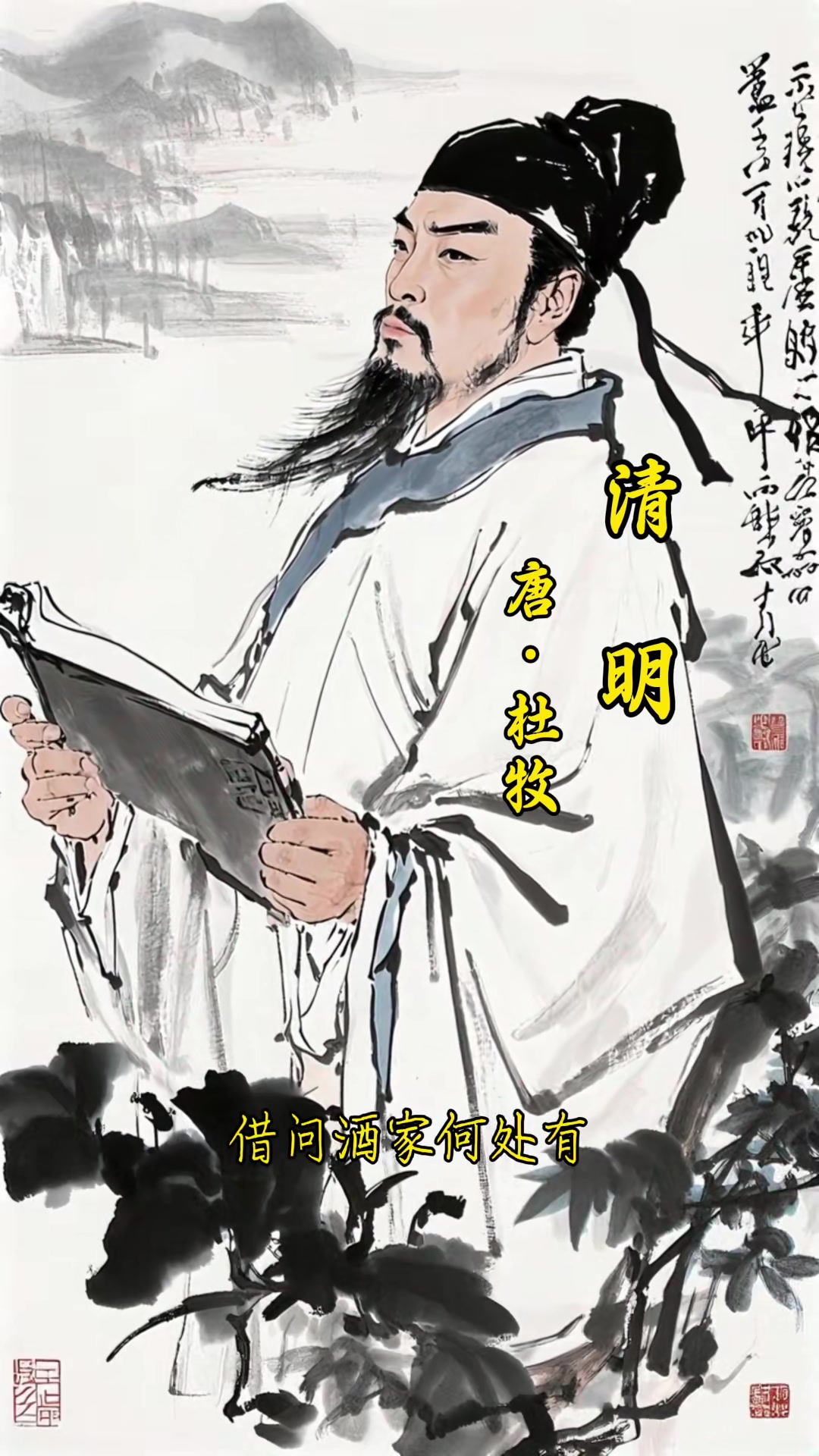In the early years of the Tang Dynasty, many famous generals emerged, among whom Xue Rengui was a representative figure. Xue Rengui was loyal to the Tang Dynasty’s southern and northern expeditions, but no one expected that his grandson would become a traitor to the Tang Dynasty! In folk novels, there is a story of ‘Xue Gang’s Anti Tang’, but it is not the same in history! Xue Rengui’s grandson is not named Xue Gang. He defected to An Lushan and Shi Siming and participated in the An Lushan Rebellion. What exactly happened? Interested readers and history encyclopedia editors, let’s take a look together!
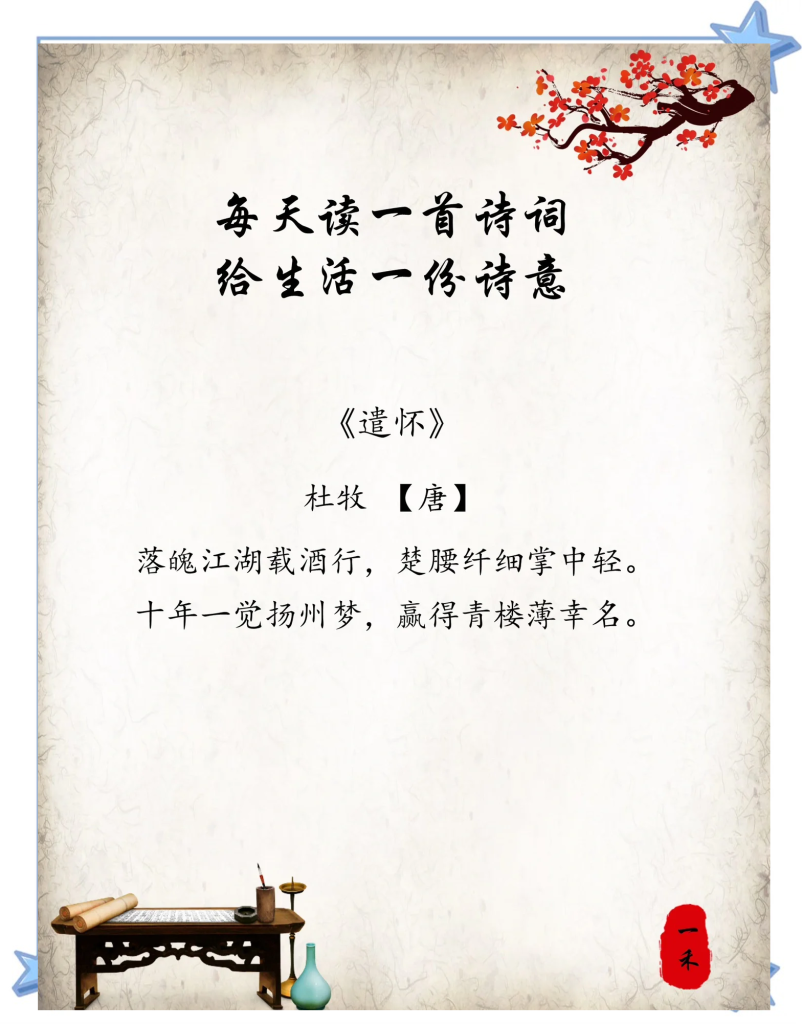
The protagonist of this article is named Xue Song, and his father’s name is Xue Chuyu, who is the son of Xue Rengui. According to historical records, Xue Chuyu was also a general who served as the military governor of Fanyang during the reign of Emperor Xuanzong of Tang, but was later dismissed from his post. Xue Song grew up with his father in the north and was deeply influenced by the environment. He was born between swallows and thistles, and had a heroic spirit. He was skilled in riding and shooting, but did not know how to read. He could be called a hero.
At this time, the imperial court attached great importance to the imperial examination system. Although Xue Song was a talented general, he was not proficient in writing and could only rely on the achievements of his grandfather and father to obtain official positions. Due to Xue Song’s outstanding bravery, he gained the appreciation of An Lushan, the military governor of Fanyang. In December 755, An Lushan rebelled in Fanyang, and Xue Song joined the rebellion. “From the beginning of the world’s army, he was sent to the military and appointed as a traitor. It should be said that Xue Song was not forced to rebel, he was indeed a trusted general of An Lushan.
In 758, Guo Ziyi and nine other military governors led hundreds of thousands of troops to besiege the rebel held Xiangzhou. An Qingxu personally led the main force to rescue, with Xue Song among them. “An Qingxu and his brave generals An Xiongjun, Cui Qianyou, Xue Song, and Tian Chengsi came to assist and were divided into three armies. However, Anqing Xu did not win, so he sent Xue Song as an envoy to seek help from Shi Siming. From this, it can be seen that Xue Song holds a high position among the rebels and is a trusted general.
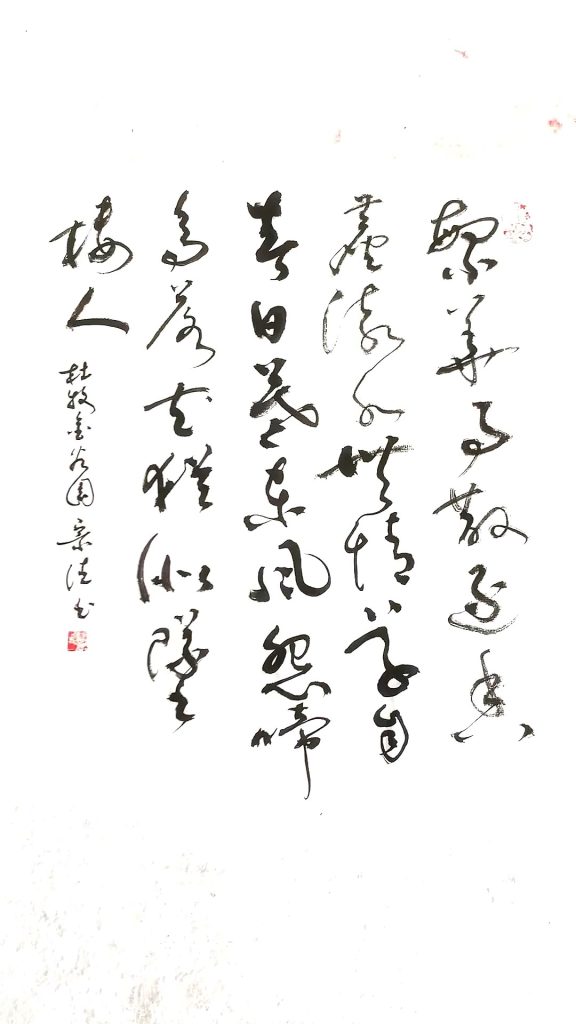
After the death of An Qingxu, Xue Song served the father and son of Shi Siming and Shi Chaoyi, and was also appointed as a military governor stationed in the Xiangzhou area. In 762, Shi Chaoyi’s army was defeated in Luoyang, and Tang Dynasty general Pu Gu Huai’en led his army to pursue them all the way. Upon hearing the news, Xue Song realized that the rebel forces were on the brink of collapse, so he decided to surrender to the Tang Dynasty. “Upon hearing that the rebel army had collapsed and the Wang army had arrived, Song was confused and bowed to the Huai En horse. In order to quickly resolve the rebellion, Pugu Huaien did not hold Xue Song and other rebel generals accountable, but instead submitted a request to the court for rewards.
The appointment letter from the imperial court soon arrived, and the decree was issued to appoint Song as the governor of Xiangzhou, and to appoint him as the governor of various provinces such as Xiangzhou, Weizhou, Mingzhou, and Xingzhou. After surrendering, Xue Song was relatively good, “grateful and devoted to his duties for several years, managing the internal affairs roughly. The court constantly praised and first placed the portraits of Xue Song and others in the Lingyan Pavilion; Subsequently, an edict was issued to confer upon Xue Song the titles of Prince of Gaoping County, Commander in Chief of the Zhaoyi Army, Right Deputy of the Imperial Censorate, and Prince of Pingyang County.
Back then, Xue Rengui made countless military achievements for the Tang Dynasty’s eastern and western expeditions, and only became the Duke of Pingyang County at the time of his death. His portrait could not be presented in the Lingyan Pavilion. Xue Song participated in the An Lushan Rebellion, but did not make any contributions to the Tang Dynasty. Instead, he received high praise from the Tang Dynasty. This indicates a problem. After the An Lushan Rebellion, the authority of the Tang Dynasty court had completely declined, and it could only rely on enfeoffment and rewards to win over the feudal forces that occupied one side, in order to maintain a stable situation.
In the seventh year of Dali (772 AD), Xue Song died of illness and was posthumously awarded the title of Taibao by the court. His descendants continued to hold important positions in the Tang Dynasty until the end of the Tang Dynasty. Xue Song participated in the rebellion of An Lushan due to not being highly valued by the Tang Dynasty. During this period, he became a separatist force and eventually surrendered to the Tang Dynasty. However, the descendants of Xue Song did not become vassal states of the separatist region, but completely surrendered to the court, thus gaining the favor of the Tang Dynasty.
